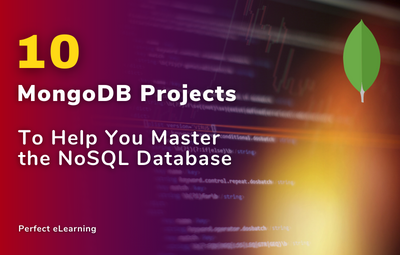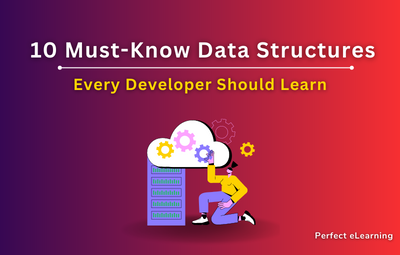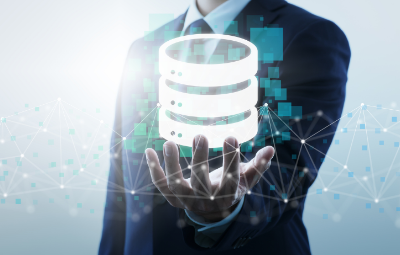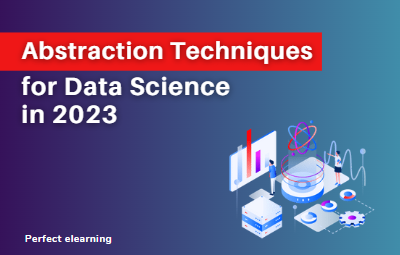

By analyzing demographic data, data science can aid in designing targeted interventions and equitable resource allocation to address inequality.
In recent years, data science has emerged as a powerful tool for analyzing and interpreting large amounts of data. This has led to numerous applications in a variety of fields, including social and economic inequality. In this article, we will explore how data science can be used to address these important issues.
Understanding Social and Economic Inequality
Defining Social and Economic Inequality:
Social and economic inequality refers to the unequal distribution of resources, opportunities, and outcomes among different groups of people. It can manifest in various forms, including income inequality, wealth inequality, educational inequality, and health inequality.
Causes of Social and Economic Inequality:
Social and economic inequality is caused by a variety of factors, including historical and structural discrimination, unequal access to education and job opportunities, and systemic biases in social, economic, and political systems.
The Role of Data Science in Addressing Social and Economic Inequality
Identifying and Measuring Inequality:
Data science can be used to identify and measure social and economic inequality by analyzing large datasets and identifying patterns and trends. This can help policymakers and researchers to better understand the nature and extent of inequality in different domains.
Predictive Analytics and Machine Learning:
Predictive analytics and machine learning can be used to forecast trends and identify potential areas of concern, such as disparities in access to education or healthcare. This information can be used to design targeted interventions and policies aimed at reducing inequality.
Evaluating the Effectiveness of Interventions:
Data science can be used to evaluate the effectiveness of interventions aimed at reducing social and economic inequality. By analyzing data before and after the implementation of a policy or program, researchers can determine whether it has had the desired effect and identify areas for improvement.
Improving Resource Allocation:
Data science can help improve the allocation of resources by identifying areas of high need and targeting resources accordingly. For example, data analysis can help policymakers to identify neighborhoods or communities that lack access to basic services and allocate resources to address these gaps.
Building Fairer Systems:
Finally, data science can be used to build fairer social, economic, and political systems. By identifying biases and inequalities in existing systems, data analysis can inform the design of new systems that are more equitable and inclusive.
Conclusion
Social and economic inequality remains a major challenge facing societies around the world. However, data science offers powerful tools for addressing these issues by identifying and measuring inequality, predicting trends, evaluating interventions, improving resource allocation, and building fairer systems. By leveraging the power of data science, we can work towards a more just and equitable world.
Frequently Asked Questions (FAQs)
Q.How can data science be used to address social and economic inequality?
A.Data science can be used to identify and measure inequality, predict trends, evaluate interventions, improve resource allocation, and build fairer systems.
Q.What are the causes of social and economic inequality?
A.Social and economic inequality is caused by a variety of factors, including historical and structural discrimination, unequal access to education and job opportunities, and systemic biases in social, economic, and political systems.
Q.Can data science completely solve the problem of social and economic inequality?
A.While data science offers powerful tools for addressing social and economic inequality, it is not a silver bullet. Addressing these complex issues requires a multifaceted approach that involves social, economic, and political solutions.
Q.How can individuals get involved in addressing social and economic inequality?
A.Individuals can get involved in addressing social and economic inequality by supporting policies and organizations that promote equity, volunteering in their communities, and educating themselves and others about the causes and consequences of inequality.
Perfect eLearning is a tech-enabled education platform that provides IT courses with 100% Internship and Placement support. Perfect eLearning provides both Online classes and Offline classes only in Faridabad.
It provides a wide range of courses in areas such as Artificial Intelligence, Cloud Computing, Data Science, Digital Marketing, Full Stack Web Development, Block Chain, Data Analytics, and Mobile Application Development. Perfect eLearning, with its cutting-edge technology and expert instructors from Adobe, Microsoft, PWC, Google, Amazon, Flipkart, Nestle and Infoedge is the perfect place to start your IT education.
Perfect eLearning in Faridabad provides the training and support you need to succeed in today's fast-paced and constantly evolving tech industry, whether you're just starting out or looking to expand your skill set.
There's something here for everyone. Perfect eLearning provides the best online courses as well as complete internship and placement assistance.
Keep Learning, Keep Growing.
If you are confused and need Guidance over choosing the right programming language or right career in the tech industry, you can schedule a free counselling session with Perfect eLearning experts.


